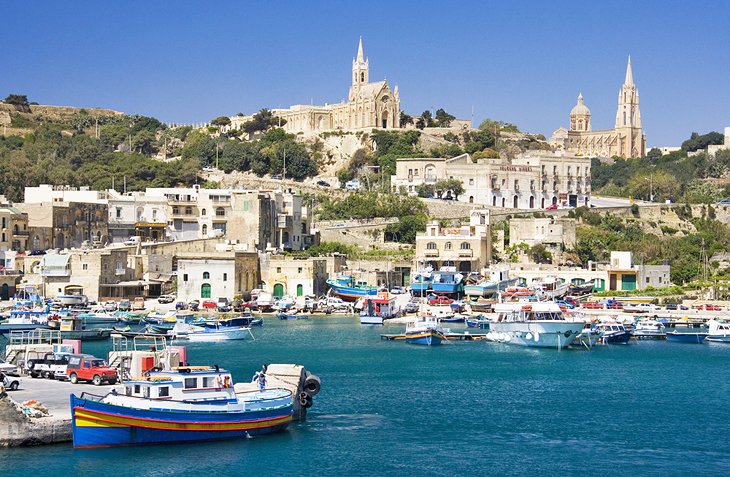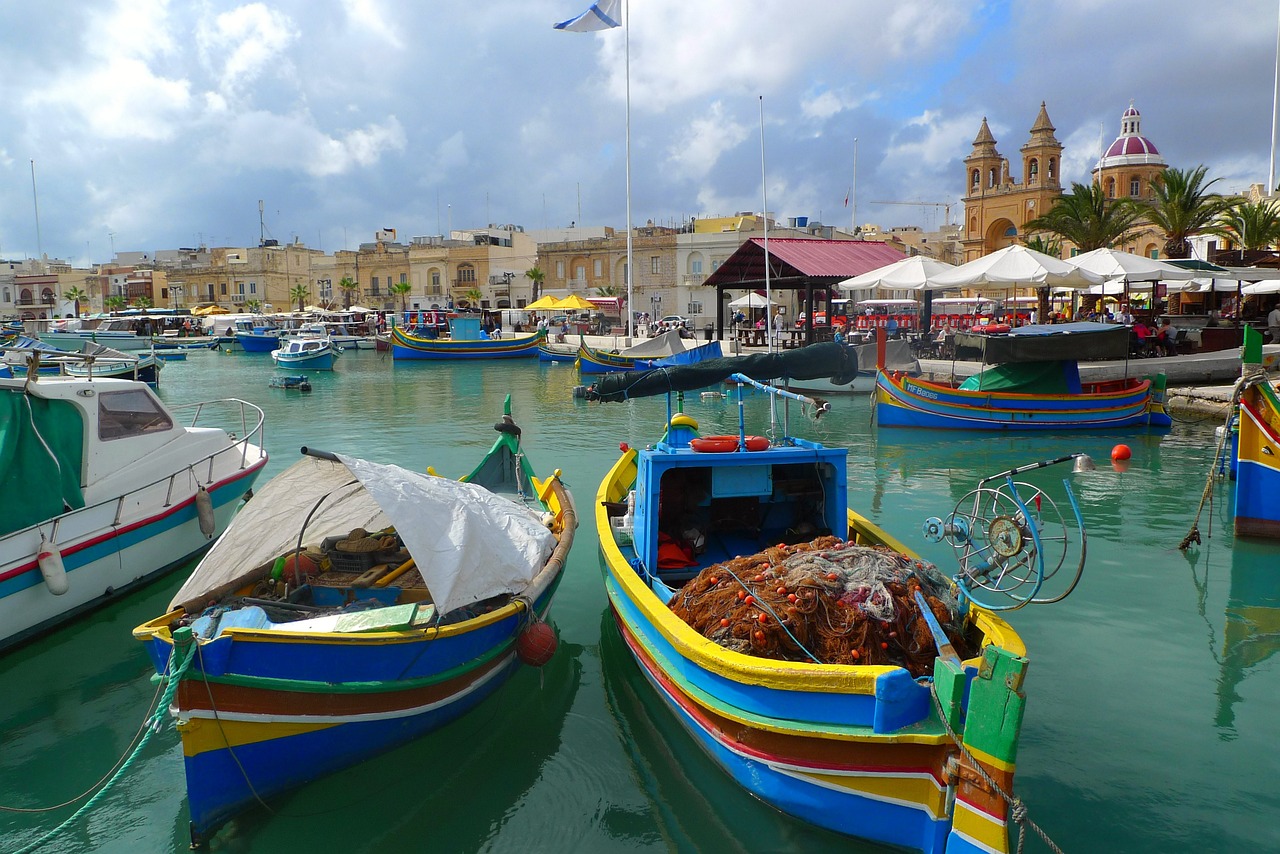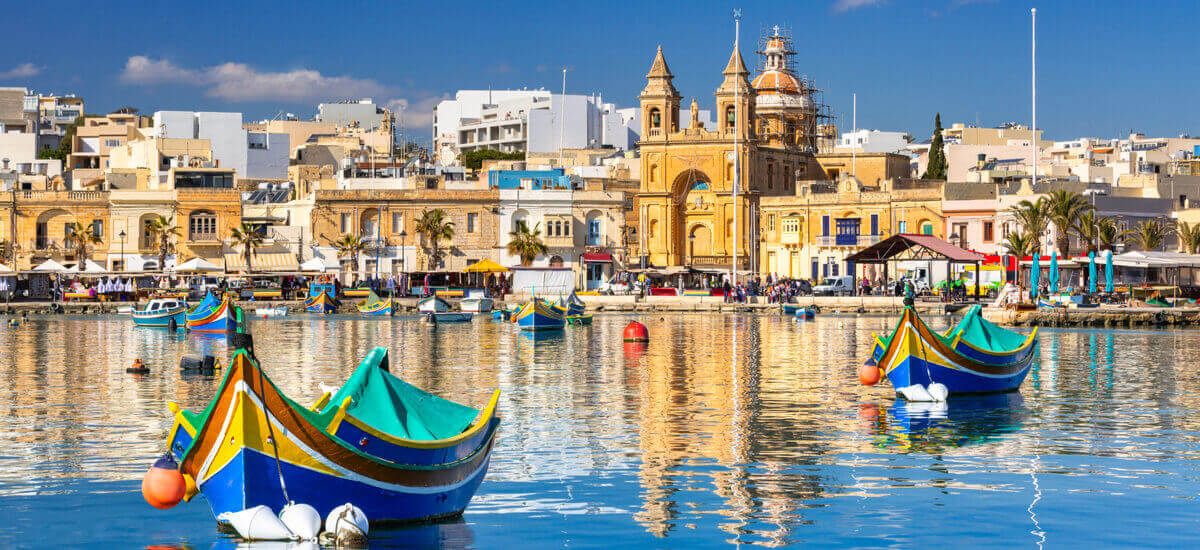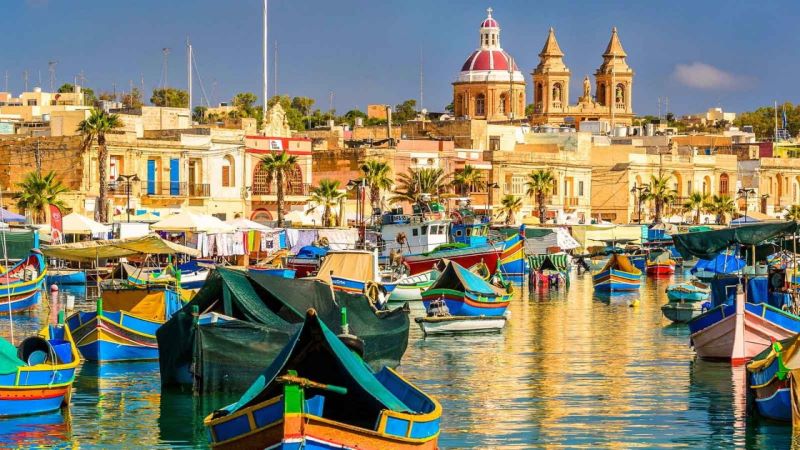Malta’s Permanent Residence Scheme offers individuals the opportunity to unlock a pathway to citizenship by obtaining permanent residency. This scheme is available for both EU nationals and third-country nationals, with specific requirements for each. For EU nationals, the process involves obtaining ordinary residence status and then applying for permanent residence after five years of uninterrupted living in Malta. Third-country nationals can apply for long-term residence status, which is renewable indefinitely, after five consecutive years of living in Malta.
Permanent residence in Malta brings numerous benefits, including visa-free travel within the Schengen zone, favorable tax rates, and the chance to experience Malta’s rich cultural heritage and pleasant climate. It also serves as a crucial step towards applying for Maltese citizenship. While Malta does not offer a permanent residence visa by investment, this pathway to citizenship provides individuals with the freedom to establish roots, integrate into Maltese society, and enjoy all that Malta has to offer.
To delve deeper into the requirements and advantages of Malta’s Permanent Residence Scheme, this article will explore the process for EU nationals, the benefits of permanent residence, and how this status opens doors to further opportunities for individuals seeking freedom and security.
Key Takeaways
- Malta offers different residence permits for EU nationals and third-country nationals.
- Permanent residence status can be obtained after living in Malta for five years, and it is a necessary step before applying for Maltese citizenship.
- Third-country nationals with permanent residence status in another EU country can easily get a visa to live in Malta.
- Permanent residents in Malta enjoy visa-free travel within the Schengen zone, favorable tax rates, and can benefit from Malta’s climate and cultural heritage.
Malta Residence Permits
Malta offers different residence permits for EU nationals and third-country nationals, with EU nationals being able to apply for ordinary residence status and third-country nationals being eligible for long-term residence status. EU nationals can apply for ordinary residence status, which allows them to live in Malta for more than three months. After five years of continuous residence, they can apply for permanent residence status. However, they must not be away from Malta for more than six months in any one year or a total of 10 months within five years. Third-country nationals can apply for long-term residence status, which is valid for five years and can be renewed indefinitely. The renewal process requires documentation such as proof of living in Malta for five consecutive years, limited absences, economic self-sufficiency, suitable accommodation, health insurance, passing courses, and evidence of integration measures.
Requirements for EU Nationals
EU nationals applying for ordinary residence in Malta have the opportunity to obtain permanent residence status after residing in the country for five consecutive years, provided they meet the required conditions such as limited absences, economic self-sufficiency, suitable accommodation, health insurance, and passing integration courses. As EU nationals, they are not restricted by the requirement of being in Malta for six months every year. In terms of taxation, EU nationals are required to pay income tax according to Malta’s tax rates. It is important to note that EU nationals applying for ordinary residence do not have to pay registration fees. This pathway from ordinary residence to permanent residence is often seen as a necessary step towards applying for Maltese citizenship.
Benefits of Permanent Residence
Attaining long-term settlement in a foreign country grants individuals the advantages of visa-free travel within the Schengen zone, favorable tax rates, and the opportunity to immerse themselves in the local climate and cultural heritage. The benefits of permanent residence in Malta are numerous, particularly in terms of tax advantages. Upon obtaining permanent residence status, individuals are subject to Malta’s tax rates, which are often considered favorable compared to other European countries. This can result in significant tax savings for individuals seeking to establish their long-term residence in Malta. It is important to note that permanent residence is distinct from citizenship, as it is a necessary step towards applying for Maltese citizenship. However, the advantages of permanent residence, such as visa-free travel and favorable tax rates, make it an appealing option for individuals seeking freedom and the opportunity to enjoy Malta’s rich cultural heritage.
Markdown list:
- Visa-free travel within the Schengen zone
- Favorable tax rates compared to other European countries
- Opportunity to immerse in the local climate and cultural heritage
- Step towards applying for Maltese citizenship
Frequently Asked Questions
What is the process for obtaining a residence permit in Malta for third-country nationals?
The residence permit process for third-country nationals in Malta involves meeting eligibility criteria such as living in Malta for five consecutive years, limited absences, economic self-sufficiency, suitable accommodation, health insurance, passing courses, and evidence of integration measures.
Can EU nationals apply for permanent residence status immediately upon arrival in Malta?
EU nationals cannot apply for permanent residence status immediately upon arrival in Malta. They can only apply for permanent residence status after living in Malta for five years and meeting certain conditions such as limited absences and economic self-sufficiency.
Are there any restrictions on the type of accommodation that qualifies for long-term residence permits?
Long-term residence permits in Malta have strict accommodation requirements. Eligibility criteria include suitable accommodation, which must be proven by applicants. The type of accommodation that qualifies is not specified, allowing for various options to meet the requirement.
Is there a minimum income requirement for obtaining permanent or long-term residence status in Malta?
There is no specific minimum income requirement for obtaining permanent or long-term residence status in Malta. However, applicants must demonstrate economic self-sufficiency and provide evidence of suitable accommodation, health insurance, and passing integration courses.
Are there any language requirements for obtaining permanent or long-term residence status in Malta?
Language proficiency is a key requirement for obtaining permanent or long-term residence status in Malta. Applicants must demonstrate sufficient language skills to integrate into Maltese society and communicate effectively.













